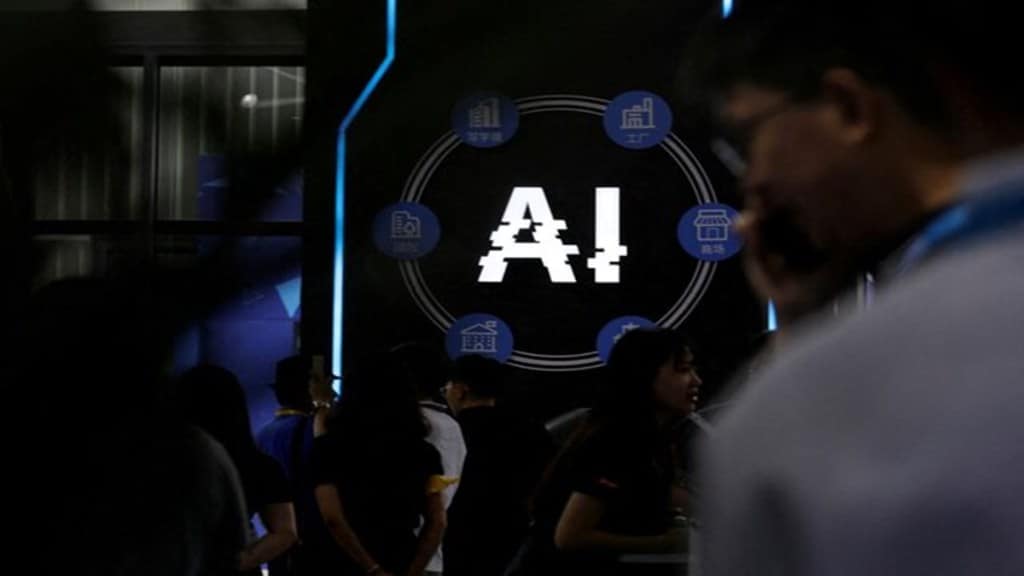Steering through the technological upheaval caused by Artificial Intelligence (AI), Indians are actively engaging with the changing landscape of the Indian job market through reskilling. A recent analysis conducted by the world’s largest online professional network LinkedIn, AI’s influence is likely to change the job skills by 68% globally and 64% in India by 2030.
Speaking to FE on the sidelines of a round table on the changing jobs and talent landscape in the post-AI era, Ruchee Anand, India Country Head for Talent & Learning solutions, LinkedIn, said, “The global order is going through multiple shifts like economic and geopolitical instability and technological shifts due to the advent of generative AI. Our LinkedIn Economic Graph (getting around 5 million updated per minute globally) indicates the impact on talent due to the technological shifts and adaptation of green solutions.”.”
Anand told FE, “After the advent of Chat GPT and other generative AI Models, the employers have started looking at a combination of skills and familiarity with digital tools to decide on the recruitment of candidates. The recruiters are preferring potential over category and the job seekers are also adapting as per the needs. According to our analysis, 30% of the skills required for managerial roles have changed compared to the skills required in 2015.”
She further said that AI reskilling has seen a significant rise among the workers with India having the highest penetration of AI skills compared to other countries. “Between 2022 and 2023, there has been a 122% increase in the adoptation of AI skills in India and the learning about generative AI has multiplied by five times since the introduction of Chat GPT. Furthermore, reskilling and learning is not prevalent among tech professionals and academicians only. Rather, 37% of these new learners belong to non-tech and non-academic backgrounds compared to 48% coming from such backgrounds.”
Commenting on the challenges that arose due to the rapid development and adoption of generative AI, Anand said, “The earlier technological disruptions in human history were not that rapid, this time the pace of change is instant. Automation of repeated tasks will take away many jobs but it will also create other work types based on human centric activities like research and new innovations. Rapid upskilling and the collaboration between the talent pool, companies/recruiters, policy makers and the government is the only solution to harness this tech boom for our own betterment.”
When asked about the worrying placement scenario in the top educational institutes like IITs and IIMs, she added, “The economic uncertainty amidst the global instability due to the ongoing wars have an important role to play in all this. Ofcourse, AI also has a role to play in all this but it is not solely because of generative AI. As per the recent reports, the tech companies are having a good Q2-order book and I am expecting an uptick in the campus intake in recruitments for IT companies.”
Additionally, according to Payoneer’s recent SMB Ambitions Barometer Report 2024, 61% of Indian small an medium business (SMB) believe AI will pave the way for better global exposure, although these Indian businesses are lagging behind in tapping into the Indian talent pool. The report says that global SMBs prioritize local hiring, accounting for 57.1% of their workforce, followed by 17.4% of international talent. On the other hand, the Indian SMBs hire a considerably higher percentage of workers overseas (20.8%) than locally, with only 49.8% of their employees coming from India.
Gaurav Shisodia, Vice President, Payoneer, said, “The report reveals an intriguing paradox in India’s tech sector. Despite being innovators, Indian SMBs struggle to tap into local talent. We should know that global expansion and remote hiring offer new opportunities but the local expertise remains crucial for the success of businesses.”


